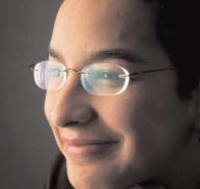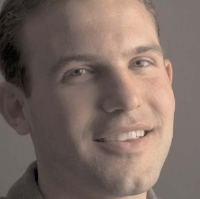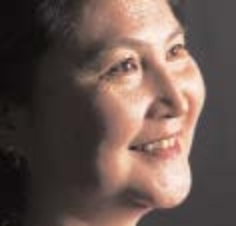Our Community Students
“We often hear lectures by authors we’re reading in courses who happen to live in New York and are happy to speak at Columbia. It’s always fascinating, and the ability to interact with the people you’re studying is an amazing opportunity that you don’t get at every school. I wasn’t sure with a large research university how much I would be known as an individual, but the professors really care about your individual learning experience. They meet with you and really try to tailor your work with them to your interests. My real passion is to combine social work and public administration in education. Next year, I’ll be at the School of International and Public Affairs at Columbia.”
“I had a really excellent internship at the Hospital for Special Surgery. I managed two programs: a workshop for individuals with systemic lupus and the Charla de Lupus program, an outreach program to parents and teens with lupus. In my Program Evaluation class, we had to do a needs assessment on a program, find the target population, find what was lacking in the organization, and figure out what we could do about it. So I did my needs assessment and discovered that young adults and teens needed totally different help from what the program was giving them. My suggestions were taken up by my supervisor, and now I’ll be implementing them as I go into a full-time job with the program. I had looked at other places and had other offers, including an acceptance to a Ph.D. program. I called my faculty adviser to talk about it—he was in Puerto Rico, but he called me right back, which I found very impressive. I was compelled to stay to manage the Charla de Lupus program —I didn’t feel my work was done there yet, and I wanted to see it through.”
“This summer I’m working for two professors. One professor works on adolescent risk behavior in Latino communities, which is a population I want to work with. She’s a professor of social work and public health, so we found each other and figured out this position for the summer. The other professor works on adolescent risk behavior with children who are easing out of foster care. He has a big CDC grant, and he’s definitely had a big impact on me. I also had a great research class with a professor who made research seem accessible in a way it hadn’t before. What I realized at Columbia is that you can have a lot of impact on the communities you care about through research and evidencebased interventions. I studied social work this year; next year I’ll be concentrating on public health; and the third year I’ll do both, which will be challenging. But at each school I have an adviser who is connected with both schools; you get taken care of on both sides.”
“I studied at several universities in Mongolia and in India, but nothing equalled the chance I got at Columbia, especially for field practice, which has been the most interesting and useful part of my learning experience. In Mongolia I was in charge of child and youth social issues at the Ministry of Health and Social Welfare. After that, I worked on adolescent projects for various UN< agencies and NGOs. We usually worked with individual family members, but I realized we needed to work with the whole family—my studies here confirmed that this was the right focus. Another part of my learning experience was simply living in New York City. I had visited New York for a short time years ago, but actually living here was totally different. There were so many opportunities to meet new people and share with them.”
|



